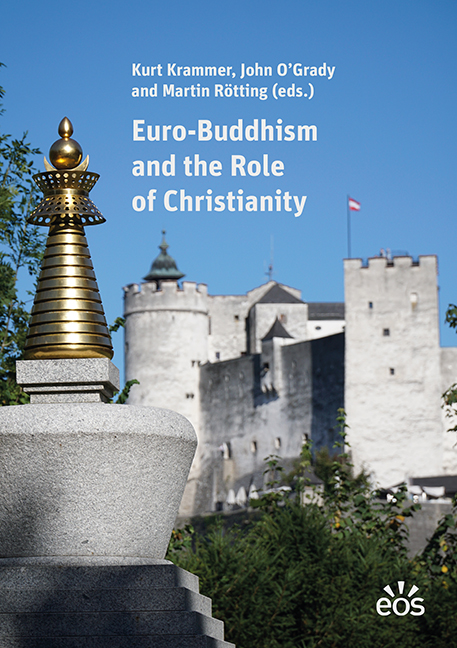 |
In the late nineteenth century Buddhism began to be practised in Europe and was often presented by its European followers as a persuasive alternative to Christianity. Buddhism in Europe was less a result of missionary activities from Asian countries than the consequence of propagation by Europeans, who studied Buddhism through various literary sources. However, these European Buddhists sought connections to Asian countries from a comparatively early stage onwards, and organizations such as the Mahābodhi Society came to play an important role in the early days. In the twenty-first century, new configurations of the dialogue between Buddhism and Christianity are being formed, always in relation to developments within the larger faith-traditions out of which individual Buddhist and Christian denominational forms have come.
|